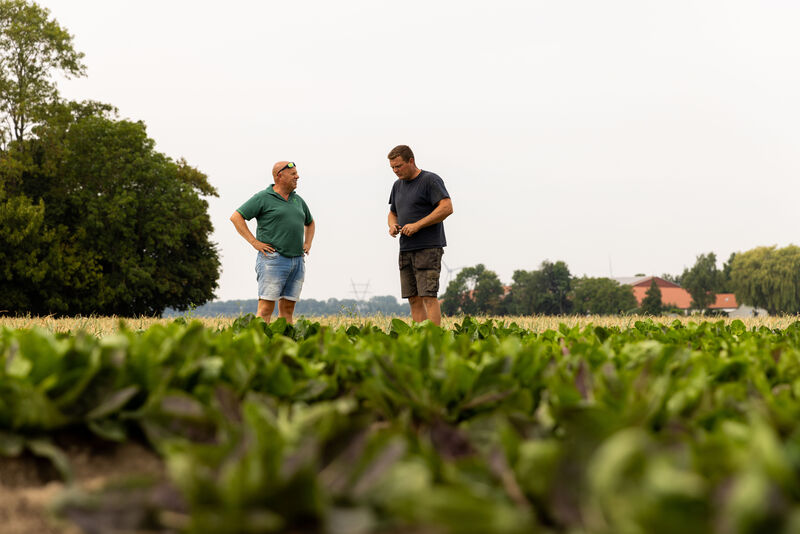
Your goal as a business is to produce an abundant, top-quality yield. However, climate change, changing regulations (less supply of chemical plant protection products, plus emission restrictions), and the fact that diseases and pests are becoming resistant to certain agents all make it increasingly difficult to achieve that goal. That’s why integrated crop management systems are playing an ever more crucial role in a business’ ability to produce successfully in the future and achieve their goals.
What is integrated crop management?
‘Integrated Crop Management’ (ICM) is a holistic approach that takes measures to optimize your crop growth while maximizing production in the short and long term.
ICM measures include optimum crop rotation, choice of varieties, fertilization and soil health, water management, and Integrated Pest Management (IPM).
Using natural enemies above and below ground
Implementing an ICM system is quite complex and requires a long-term vision. Your soil is your most important asset: keeping it healthy gives your crop extra production power. Excessive use of fertilizers and chemical plant protection products doesn’t do your soil any favours and is detrimental to valuable soil life – beneficial nematodes, fungi, bacteria, beetles, spiders, and predatory mites.
However, integrated crop management also helps you to benefit much more from natural enemies above ground. These are insects that occur naturally in and around your crop, including lacewings, ladybirds, hoverflies, or gall midges. They can help you to deal with specific pests, such as aphids.
Sustainable business operations
You can keep these beneficial organisms alive and well by making the right choices and, if you do need to use chemicals, using selective control products. This helps to create wealth of natural enemies both above and below ground, which is crucial to achieving good, high-quality yields both now and in the future. Or you could say: integrated crop management is the key to sustainable business operations.